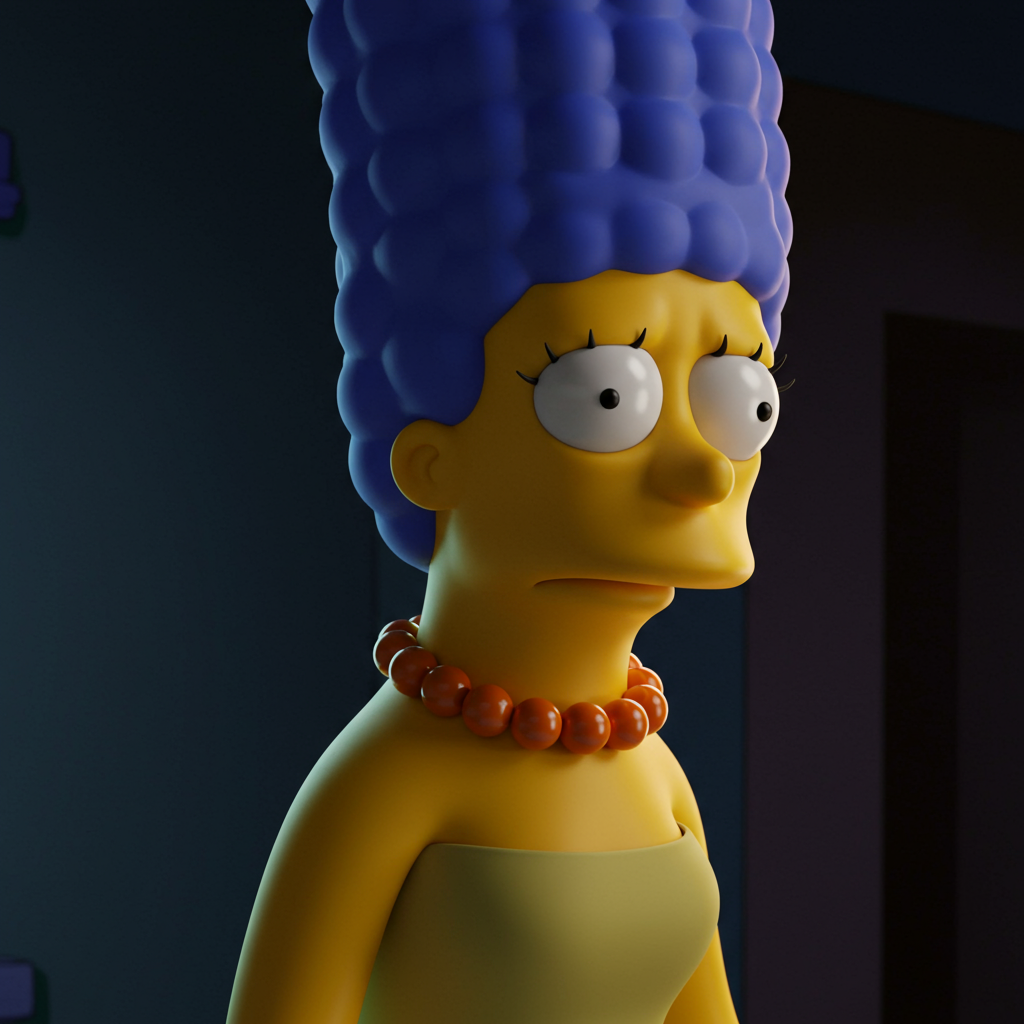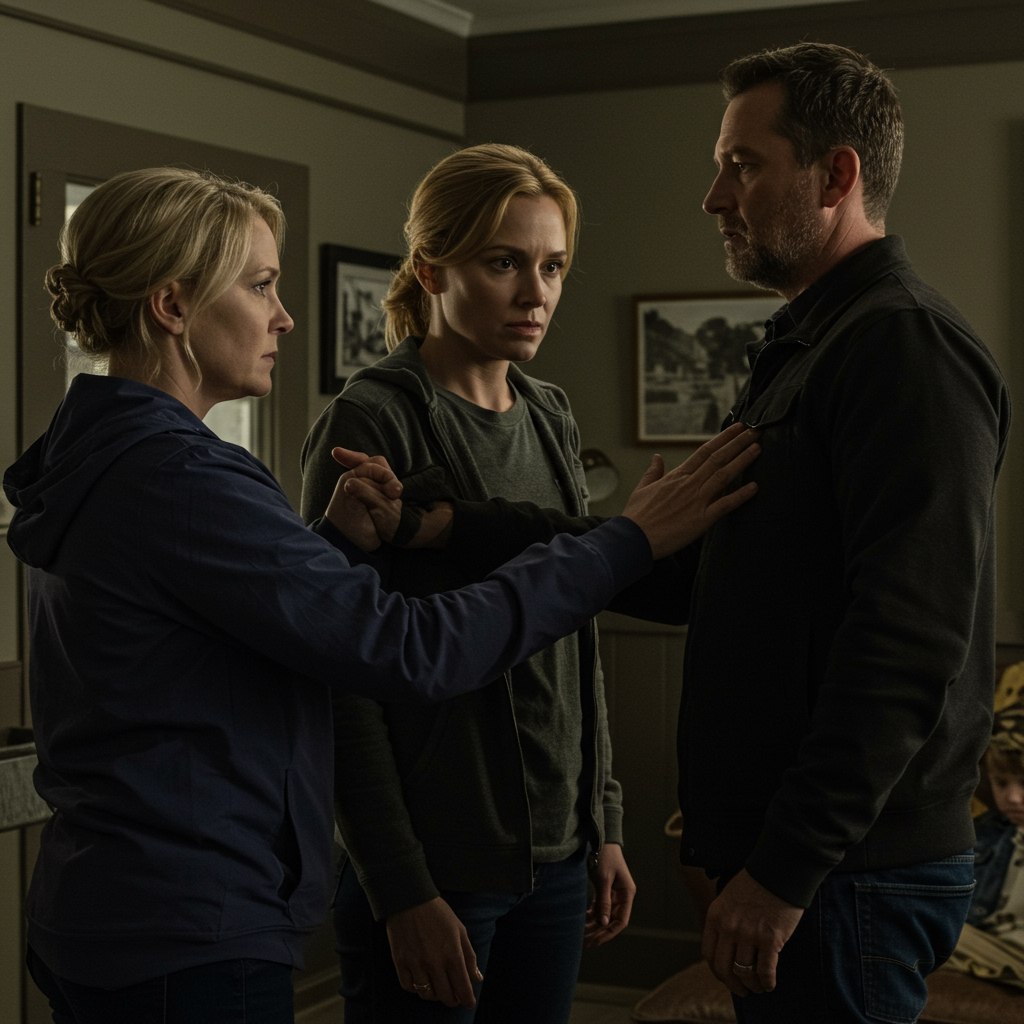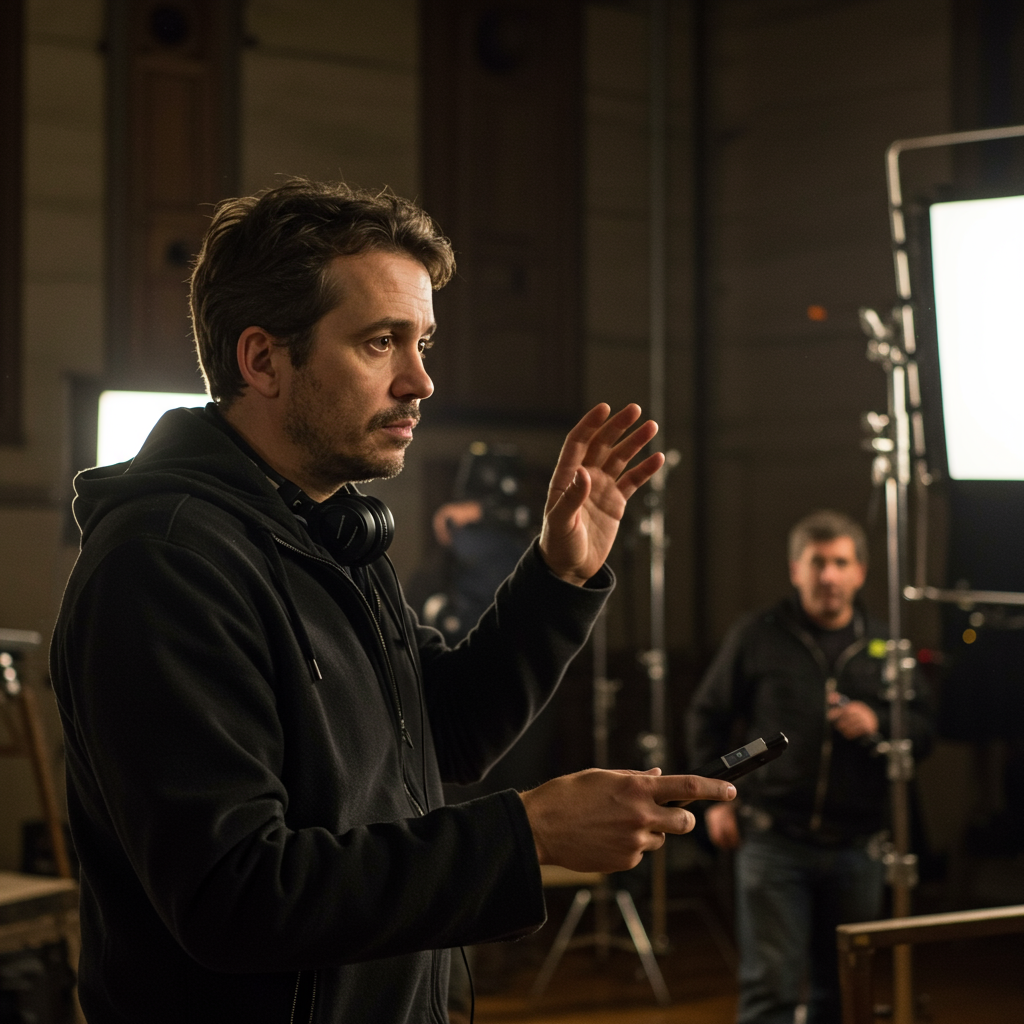The late-night television landscape rarely ignites a national debate quite like the controversy surrounding Jimmy Kimmel’s return monologue. Following a six-day suspension, Kimmel delivered an impassioned speech that aimed to clarify contentious remarks and champion free speech, ultimately drawing a deeply polarized response from celebrities and politicians alike. This episode, rooted in a tragic national event, became a flashpoint for discussing media accountability, political partisanship, and the very boundaries of satirical commentary.
The Catalyst: A Tragedy and Controversial Commentary
The series of events began with a profound tragedy. On Wednesday, September 10, 2025, Charlie Kirk, the 31-year-old conservative activist and co-founder of Turning Point USA, was tragically shot and killed while delivering a speech at Utah Valley University. The incident, treated as an active homicide investigation, sent shockwaves across the nation, prompting widespread calls for an end to political violence and division. Many figures, including Kimmel himself, expressed sorrow and denounced the act as “horrible and monstrous.”
Days later, on Monday, September 15, Jimmy Kimmel addressed the incident during his monologue on Jimmy Kimmel Live!. His comments, particularly suggesting that the “MAGA gang” was “desperately trying to characterize this kid who murdered Charlie Kirk as anything other than one of them,” ignited a firestorm. While Kimmel had previously offered condolences, these later remarks were perceived by some as politicizing the tragedy and blaming a political faction for the actions of a “deeply disturbed individual.”
Suspension, Outcry, and a Return to the Airwaves
The backlash was swift and severe. Federal Communications Commission (FCC) Chairman Brendan Carr publicly condemned Kimmel’s remarks, threatening regulatory action against ABC affiliates airing the show. This pressure led several media companies, including Nexstar and Sinclair Broadcast Group, to suspend Jimmy Kimmel Live! initially. Sinclair even demanded a direct apology from Kimmel and a “meaningful personal donation” to the Kirk family.
On Wednesday, September 17, ABC announced the indefinite suspension of the show, citing a need to “avoid further inflaming a tense situation.” This decision, however, sparked an even larger outcry. Numerous Democratic politicians, including former President Barack Obama, Senator Elizabeth Warren, and Governor Gavin Newsom, vehemently decried the suspension as an “assault on free speech” and a dangerous escalation of government power used to silence critics. They argued it was a direct attack on the First Amendment and a troubling example of political censorship. Celebrities like Ben Stiller, Wanda Sykes, and Michael Kosta echoed these sentiments, calling it “the actual cancel culture” and a “dark, dark time” for media freedom.
Following “thoughtful conversations” with Kimmel and considerable public furor, including reports of thousands of Disney+ cancellations, ABC and Disney reversed their decision. Kimmel’s show was set to return on Tuesday, September 23, 2025, a move many observers, including author Dustin Rowles, hailed as a “victory” for free speech.
Kimmel’s Monologue: Apology, Clarification, and Unity
Kimmel’s return monologue was highly anticipated and deeply personal. He began by acknowledging the six-day hiatus and expressing gratitude to ABC and Disney for allowing him to return, stating they were “under no obligation” to do so. He addressed the controversy directly, clarifying his original comments about Charlie Kirk’s assassination. Kimmel emphasized his intention was “never to make light of the murder of a young man” or to “blame any specific group.” He conceded that his initial remarks might have been “ill-timed or unclear” and expressed understanding for those who felt he pointed a finger.
Beyond clarification, Kimmel used his platform to champion the importance of free speech for comedians and the media. He criticized former President Donald Trump for celebrating Americans losing their livelihoods and attempting to cancel other late-night hosts. In a surprising moment of bipartisan recognition, Kimmel thanked Senator Ted Cruz for passionately defending free speech against potential FCC pressure, remarking, “Ted Cruz is right.” Kimmel concluded by expressing hope that the bipartisan support he received for his right to free speech could serve as a model for greater unity among Americans, suggesting common ground could be found on issues like child safety, reproductive rights, and healthcare. He cited Erika Kirk’s act of forgiving her husband’s killer as a profound example of “selfless act of grace, forgiveness.”
Polarized Responses: Left, Right, and the Enduring Divide
The emotional and carefully crafted monologue prompted a predictable, yet significant, divide in reactions across the political spectrum.
Praise from the Left
Figures on the left largely lauded Kimmel’s return and his message. Director Jon Favreau called his monologue “outstanding,” while actor Ben Stiller described it as “brilliant.” Political commentator Keith Olbermann went as far as to declare it “the best apology I’ve ever seen,” suggesting Kimmel navigated the contentious waters with grace and conviction. Many saw his return as a triumph against political intimidation and a reaffirmation of the role of late-night hosts in societal commentary.
Backlash from the Right
Conversely, Kimmel’s monologue garnered significant backlash from conservative figures. Former President Donald Trump took to Truth Social, threatening to sue ABC for reinstating Kimmel. Trump accused ABC of producing “Democrat GARBAGE,” lacking talent, and causing “illegal Campaign Contribution” to the DNC. He speculated about a potentially lucrative lawsuit, similar to a past “$16 Million Dollars” settlement.
Saturday Night Live alumnus Rob Schneider vehemently accused Kimmel of “lying again” in his “semi-apology.” Schneider asserted that Kimmel was not making light but “falsely accusing, MAGA and Republicans ‘one of their own'” for Kirk’s murder. He contended that the killer was a “Murderous Leftist Lunatic” inspired by Kimmel’s “DANGEROUS LEFTIST RHETORIC.” Andrew Kolvet, spokesperson for Charlie Kirk, echoed this sentiment, calling the monologue “Not good enough” and demanding a more direct, specific apology. These reactions highlight the deep ideological chasm and the difficulty of finding common ground in highly charged political environments.
The Broader Implications: Free Speech and Media Power
The entire Jimmy Kimmel controversy, from his initial comments to the polarized Jimmy Kimmel monologue reactions upon his return, underscores critical discussions about free speech, media responsibility, and the escalating political polarization in modern society. It highlighted the power of regulatory bodies like the FCC to exert pressure on media companies, particularly those awaiting mergers, and the economic leverage of public opinion through cancellations.
The incident also brought into sharp focus the perceived double standards in public discourse and media coverage. Critics on the left pointed out the swift action against Kimmel’s joke compared to the lack of consequences for more severe rhetoric from conservative outlets. Conversely, conservatives felt Kimmel’s initial remarks were irresponsible and inflammatory, especially in the context of a murder. This entire episode serves as a powerful case study in the ongoing battle over what constitutes acceptable commentary, the line between satire and incitement, and the ever-present tension between creative freedom and public accountability. It forces a reflection on how late-night television, once a realm for lighter entertainment, has increasingly become a battleground for political and social commentary, reflecting and often exacerbating national divides.
Frequently Asked Questions
What were Jimmy Kimmel’s controversial comments about Charlie Kirk?
Jimmy Kimmel’s controversial remarks were made during his September 15, 2025, monologue following the assassination of conservative activist Charlie Kirk. Kimmel joked about President Trump’s response to Kirk’s shooting, stating that the “MAGA gang” was “desperately trying to characterize this kid who murdered Charlie Kirk as anything other than one of them.” These comments were widely perceived as politicizing a tragedy and assigning blame to a political group for the actions of a disturbed individual, igniting significant backlash.
Who supported and who criticized Jimmy Kimmel during the suspension and return?
During the suspension, numerous Democratic politicians like Barack Obama and Gavin Newsom, and celebrities such as Ben Stiller and Wanda Sykes, condemned the move as an “assault on free speech” and an act of censorship. Upon his return, Kimmel garnered praise from figures like Jon Favreau and Keith Olbermann on the left. Conversely, conservative figures like former President Donald Trump and Rob Schneider vehemently criticized Kimmel’s monologue and the decision to reinstate his show, accusing him of lying and fueling divisive rhetoric.
How did this controversy influence the broader debate on free speech and media accountability?
The Jimmy Kimmel controversy profoundly influenced the debate on free speech by highlighting the intense pressures media companies face from both political figures and the public. It demonstrated how perceived regulatory threats from bodies like the FCC can lead to swift, albeit temporary, censorship, and how public backlash can lead to reversals. The incident also underscored the polarized nature of discussions surrounding political commentary, prompting questions about the boundaries of satire, the responsibility of hosts, and the inconsistent application of “cancel culture” from different ideological standpoints.
The Lingering Echoes of a Late-Night Firestorm
The dramatic events surrounding Jimmy Kimmel’s monologue and its subsequent reactions offer a poignant snapshot of a deeply divided nation. From the tragic backdrop of Charlie Kirk’s assassination to the fierce debate over free speech, media censorship, and political rhetoric, the controversy laid bare the fault lines in American discourse. Kimmel’s emotional return, his clarifications, and his appeals for unity offered a moment of reflection, but the polarized responses to his speech confirm that bridging these divides remains an arduous challenge. This episode will undoubtedly be remembered as a significant moment in the intersection of late-night television, politics, and the enduring quest for common ground in a fragmented society.



